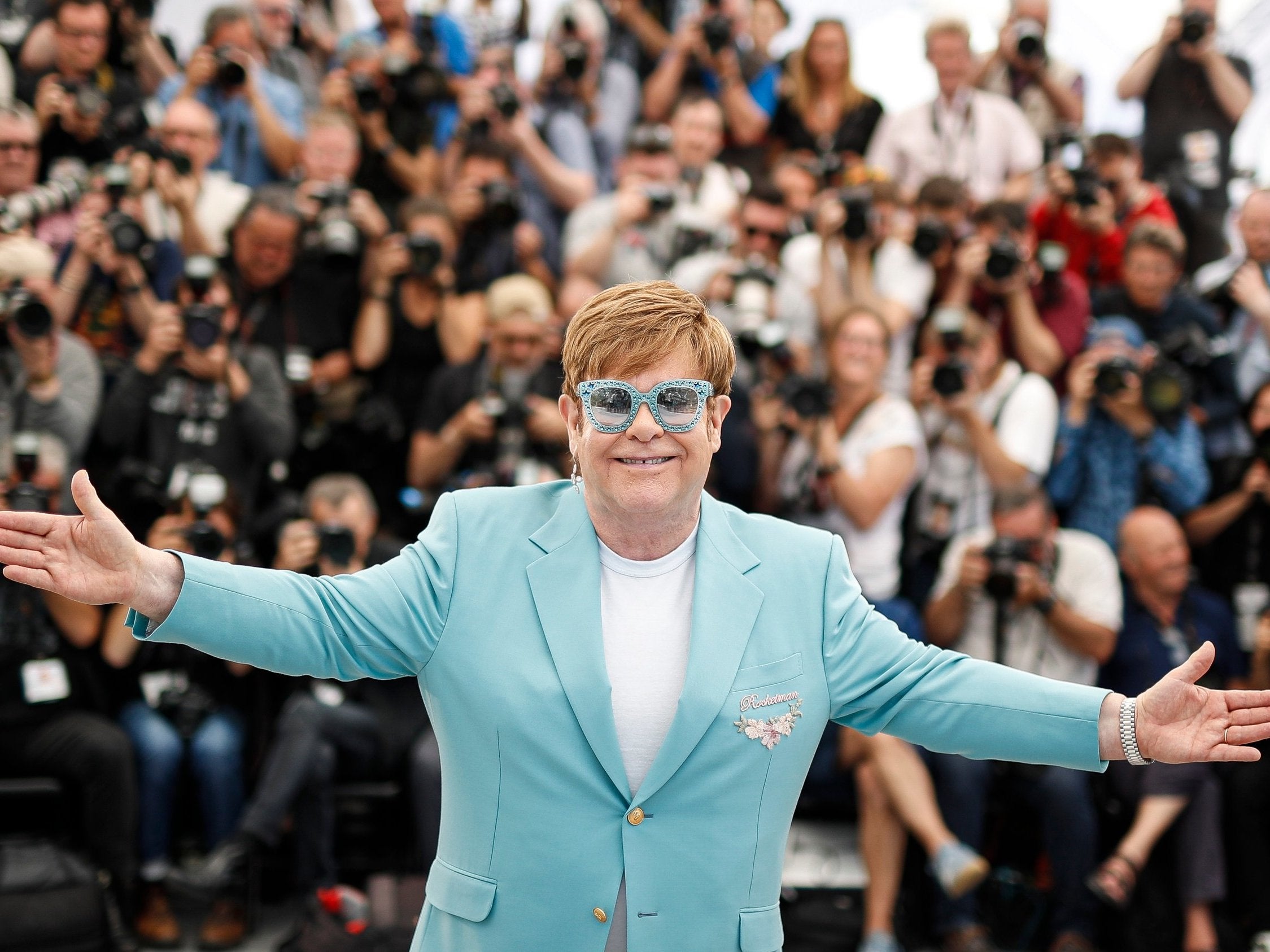Elton John review, ‘Me’: ‘Rocket Man’ star’s autobiography is full of warmth and candour
John’s enthusiasm for music continues to shine through, as does the rebellious streak that made him the groundbreaking artist he continues to be today

Elton John is not an artist known for being shy about his personal life. Even so, the candour with which he speaks in his first – and apparently only – autobiography, Me, is astounding.
From the off, the “Rocket Man” star plunges into accounts of depression (there are multiple recollections of suicide attempts), drug addiction, break-ups and his prostate cancer diagnosis, but never appeals to the reader for sympathy. His voice, assisted by music critic Alexis Petridis (who worked on the book with John for three-and-a-half years) is warm and genial.
There are moments that are by turn hilarious, touching and surprising. The late David Bowie never seemed to like him, he says, taking on a forgiving tone as he observes how the Ziggy Stardust icon was “absolutely out of his mind on coke” when he dismissed him as “the token queen of rock and roll”. You feel a twang of schadenfreude as John recalls drunkenly throwing oranges at Bob Dylan because he was rubbish at charades. By the time you reach the moment he lost his virginity (although the actual moment is glossed over, suggesting even John has his moments of prudishness), aged 23 and already a bona fide star, you’re practically cheering him on. And he certainly made up for lost time – as Petredis pointed out in a recent Guardian feature: “You’ll never look at a snooker table in the same way again.”
He’s remarkably self-effacing about his temper, addictive personality, and the admitted “dreadful behaviour” with boyfriends whom he’d expect to drop everything to come with him on tour. His reflection on how, regardless of the success or adulation he was enjoying at the time, underneath the glittering costumes he was still Reg Dwight from Middlesex – body-conscious, insecure, full of self-doubt and self-loathing – is deeply moving. In between the countless anecdotes with stars from across the decades, John’s enthusiasm for music continues to shine through, even when he explains why he knew he was never cut out to be a classical pianist (“My fingers are too short for a piano player. If you see a photo of a concert pianist, they’ve all got hands like tarantulas.”), or muses that it was likely his parents – however unwillingly – who instilled in him a sense of rebellion that made him the groundbreaking artist he continues to be today.
Towards the end of the book you sense John’s craving for what he perceives as a “normal life” – family dinners, doing the school run, staying at home with his family. It’s wonderful to read about an artist who really has succeeded at both stardom and stability – who wasn’t lost like so many others to the dark side of fame. “The great thing about rock and roll,” John writes, “is that someone like me can be a star.” Really, though, Me is compelling evidence that Elton John was born to be one.
Join our commenting forum
Join thought-provoking conversations, follow other Independent readers and see their replies
Comments
Bookmark popover
Removed from bookmarks